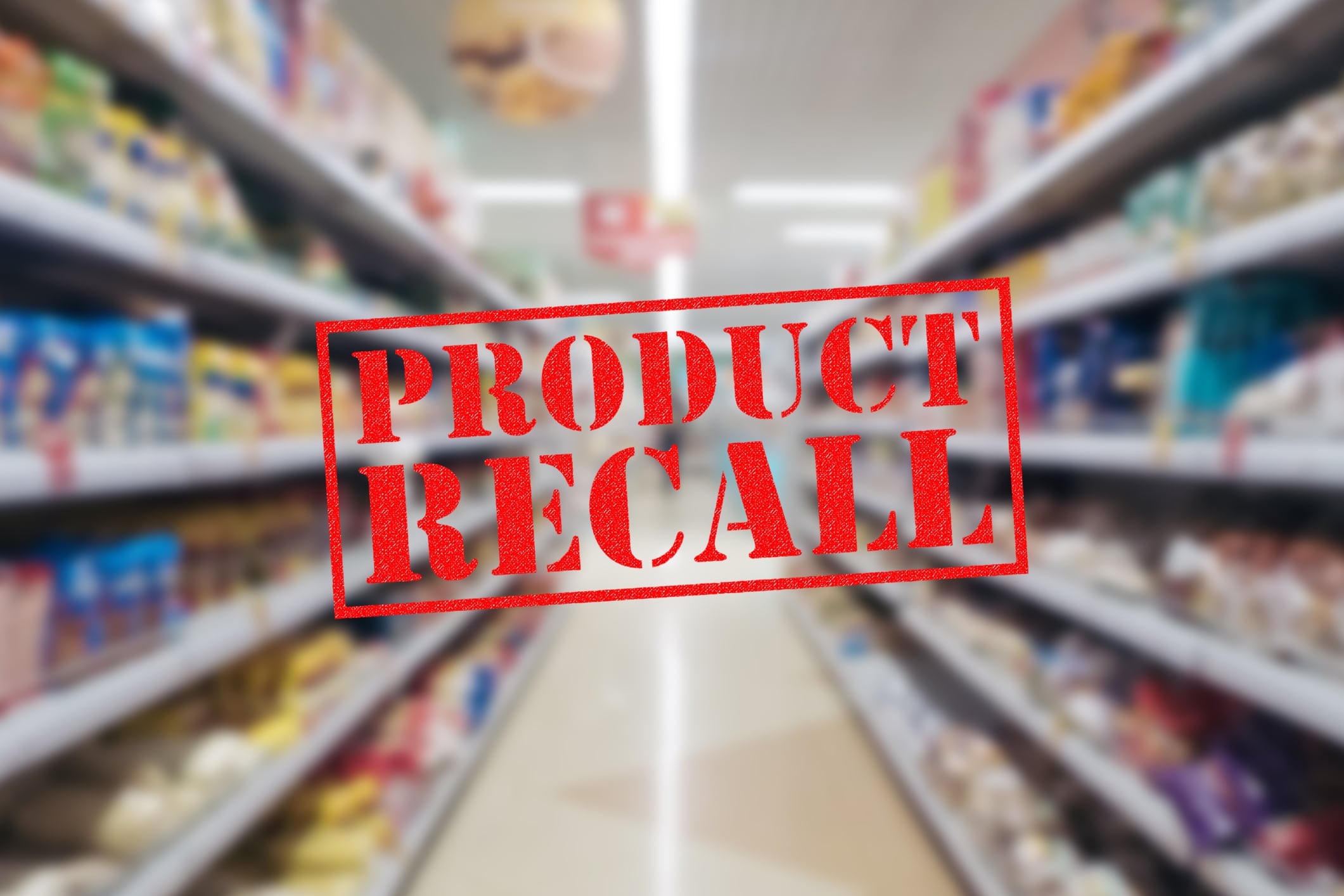The agreement was announced on 6 May, with the Deliveroo board recommending the offer to shareholders ahead of a vote. The deal remains subject to regulatory approval, but according to the two firms could be completed by the end of 2025.
Deliveroo has become an emergent presence in the food retail space in recent years, after initially specialising as a takeaway delivery service.
It has established relationships, like rival Uber Eats, with a number of the UK’s leading retailers, while it also works with a spate of foodservice outlets.
Asked how the merger might impact the food retail sector in the UK, Jonathan Simmons, a partner at L.E.K. Consulting, said that the industry was moving towards a process of “global consolidation” through either acquisition or the exit of smaller companies and nationally focused brands.
“With Deliveroo’s existing partnerships with grocery retailers and DoorDash’s increasing focus on grocery deliveries – with over 25% of its users ordering groceries – the partnership is well-positioned to offer more efficient grocery delivery options,” Simmons said.
“The UK grocery delivery market is currently clearly segmented between same day and Q commerce in the form of Uber Eats and Deliveroo, and next day delivery with Ocado and traditional grocery ecommerce.
“At the moment, the grocery same day market is in its early stages, seen in initiatives such as Ocado Zoom, Tesco Whoosh and Sainsbury’s Chop Chop available in limited postcodes, but there are significant cost barriers to growth for the grocery retailers.”
Simmons believes that technology will play an increasingly central role in the food delivery space, and that the deal points to challenges within the UK tech ecosystem, “particularly as it relates to the ability to help grow and retain high-growth firms post IPO”.
“From marketing effectiveness for customer acquisition to delivery economics, sales at a national, city, and local level is the key competitive advantage,” he continued.
“While Deliveroo had established this in the UK, it struggled to do the same in other markets, particularly those where gig economy economics were less favourable. Whereas DoorDash is on a growth path. With a strong base in the US, overseas growth was always a priority for the company and Deliveroo makes an attractive entry point into its expansion markets.”
Kirk Brazier, growth director at ESA Retail, agreed that acquisition would put DoorDash in a much stronger position within the food delivery sector.
“The true test will be how well it enhances the customer experience across markets,” Brazier said.
“The success of this will depend on combining Deliveroo’s local market expertise and customer centric approach, with DoorDash’s operational scale to deliver faster, more reliable, and a better value service.
“In an industry where customer expectations are evolving and increasing rapidly, trust and convenience will be the decisive factors in building lasting loyalty and market share.”





